Gold mine off, shattered NSW central west locals to fight heritage law
The company behind a $1bn gold mine vetoed by Tanya Plibersek on Indigenous heritage grounds says it is cancelling the project, as a coalition of central NSW councils prepares to challenge the law.
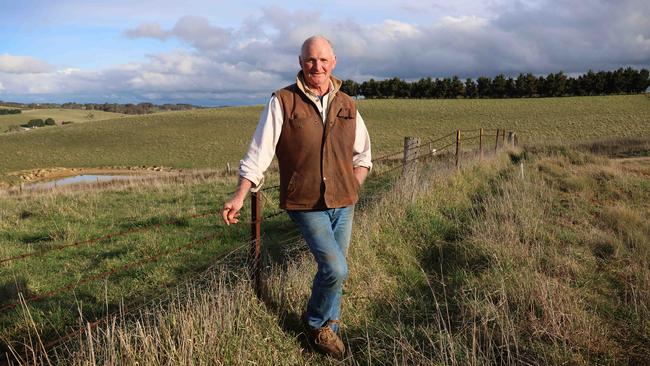
You can now listen to The Australian's articles. Give us your feedback.
The company behind a $1bn gold mine near Orange vetoed by Environment Minister Tanya Plibersek on Indigenous heritage grounds says it is cancelling the project and is suffering a $192m hit from Labor’s decision.
Regis Resources told the stock exchange late on Wednesday that jobs, royalties and taxes would all be lost as a result of the decision with the company writing off $192m of its value due to Minister Plibersek’s decision late last Friday after the project had passed all federal and state planning approvals.
Regis Resources managing director Jim Beyer said in a statement that Ms Plibersek’s decision made the gold mine unviable, and it would take “extensive investigations and studies” to find an alternative path forward for the mine”.
“This could take between five and 10 years, with no certainty of a viable alternative being realised,” he said. “With this context, some regrettable but prudent actions are necessary. These include writing down the value of the McPhillamys asset along with removing the relevant ore reserves from our reporting.”
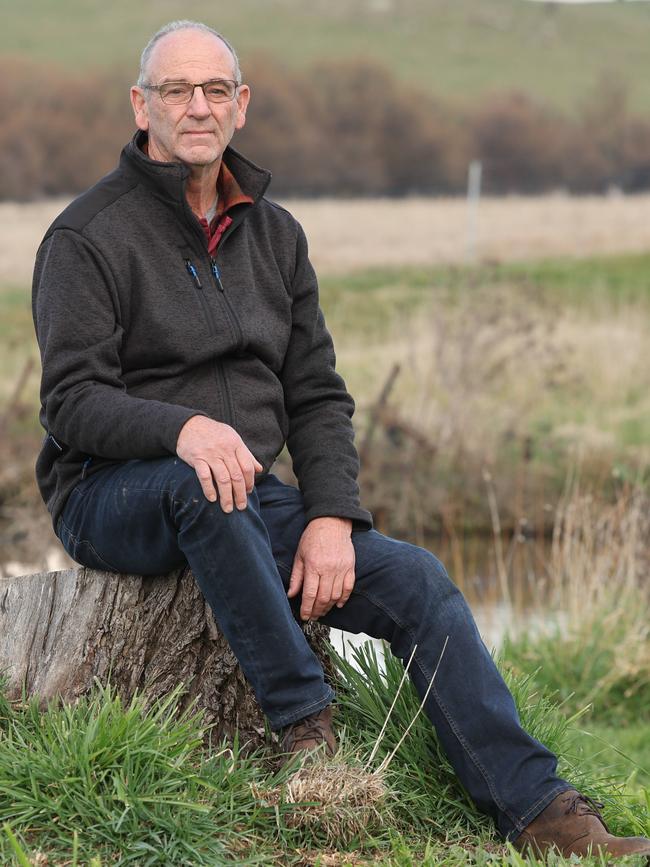
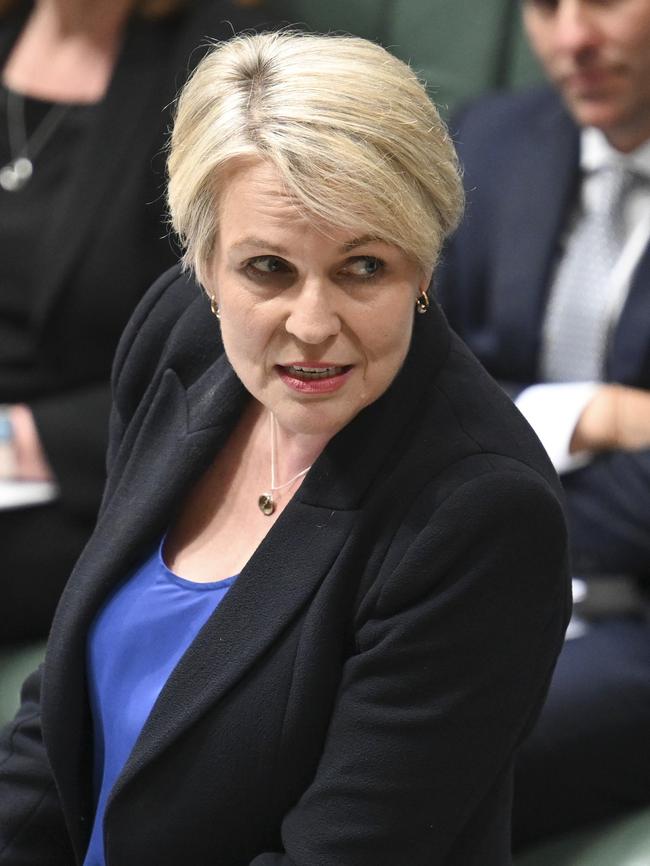
The company’s decision came as a coalition of 11 central NSW councils prepared to write to Ms Plibersek in the hopes of changing the laws that have allowed her to end the project.
Blayney mayor Scott Ferguson drove to Canberra to meet with Ms Plibersek on Wednesday after an 11th-hour bid from a dissident Aboriginal group caused her to declare an Indigenous protection order over the McPhillamys gold project because of its importance to the Wiradjuri people.
“She was generous with her time, but she’s certainly locked in and confident with her decision,” Mr Ferguson said of the meeting. “We pointed out our disappointment that we weren’t – as a pretty important stakeholder – ever at all considered as part of her department’s review.”
Ms Plibersek “couldn’t be forthcoming” with the reasons for her determination “because they were secret”, Mr Ferguson said, adding that “nobody apart from the minister” knows why the decision was made.
Ms Plibersek made a partial declaration under Section 10 of the Aboriginal and Torres Strait Islander Heritage Protection Act of 1984 to protect the headwaters of the Belubula River on Kings Plains, which was the proposed location of a tailings dam for the goldmine.
The community has responded with shock and anger in the wake of the decision to favour the advice of small Bathurst-based Wiradyuri Traditional Owners Central West Aboriginal Corporation over the advice of the Orange Local Aboriginal Land Council – the statutory body with cultural authority under NSW legislation – which conducted its own surveys and found the project would not impact any known sites or artefacts of high significance.
Ms Plibersek has maintained the Section 10 decision would only impact where Regis Resources, the owner of the mine, could build its tailing facility. However, Regis says the entire project is now unviable in the wake of the minister’s declaration.
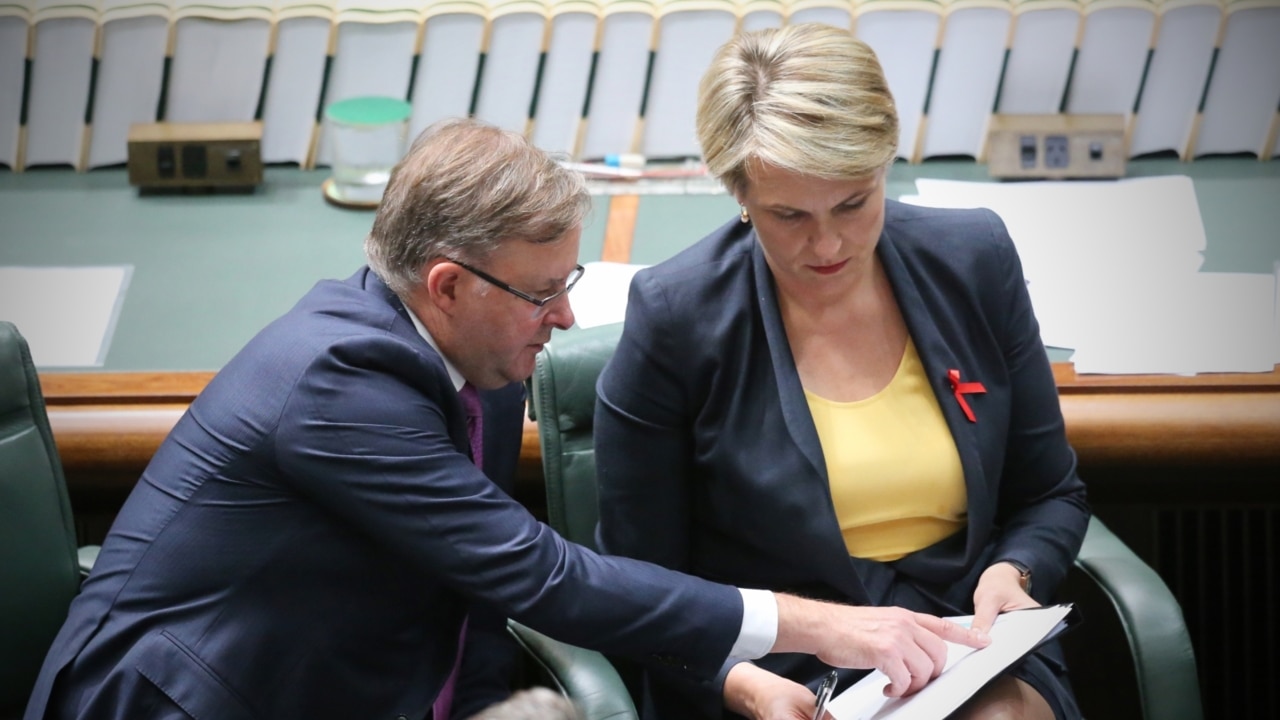
Mr Ferguson said after years of consultation with the local community and approvals from the state and federal level, “everyone thought it was done and dusted”.
“Not a lot of people knew it had a Section 10 hanging over it for four years,” he added.
He said the problem lay within the act under which Ms Plibersek made her determination.
“Even the minister agreed that the system’s not great and that the timing is not great but they are not prepared to do much about it,” he said. “It’s the act. They’ve got to change the act. I don’t think the act, which was adopted in 1984, is fit for purpose in 2024. Our joint organisation, all 11 councils in our region, we’re going to put together a document outlining what we would like to see happen from the minister into the future.”
Regis Resources claims the approved project could have supported about 580 full-time jobs in construction, and some 290 full-time jobs when in production.
For the NSW government, the federal decision represents the potential loss of $200m in royalties.
Grazier Ross Wills has farmed the land of the proposed tailings dam of the goldmine for nearly 20 years, during which time he says he has never heard from the traditional owners of the land, the land of the proposed tailings dam.
“I’d be highly surprised if anyone ever considered this as a culturally sensitive area,” he said. “A small percentage of the community don’t want to see it go ahead.”
Regis Resources bought the land from Mr Wills when they began work on the project, and he and his family have been maintaining it since.
He said he was “up in the air” about whether to keep grazing the land now that the Section 10 had passed.
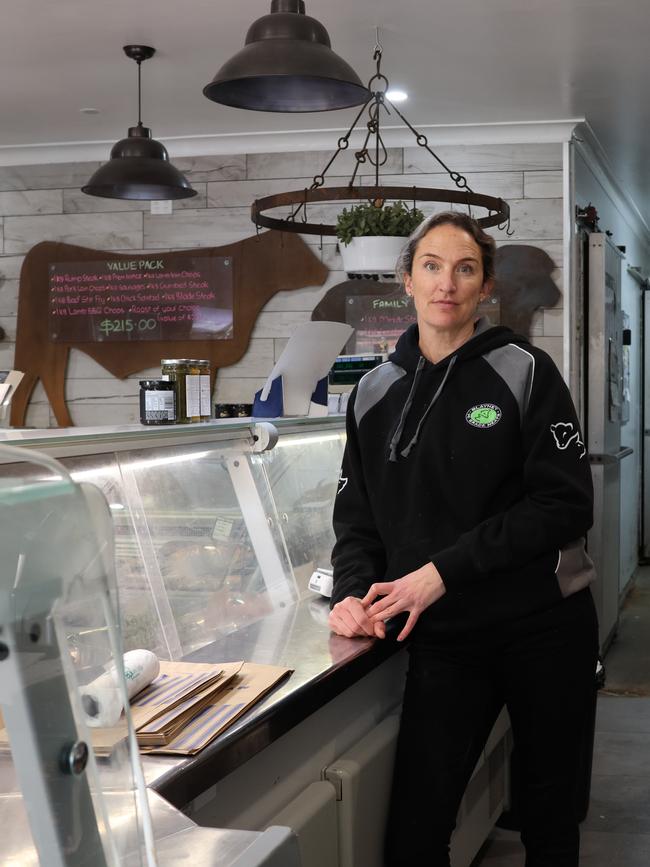
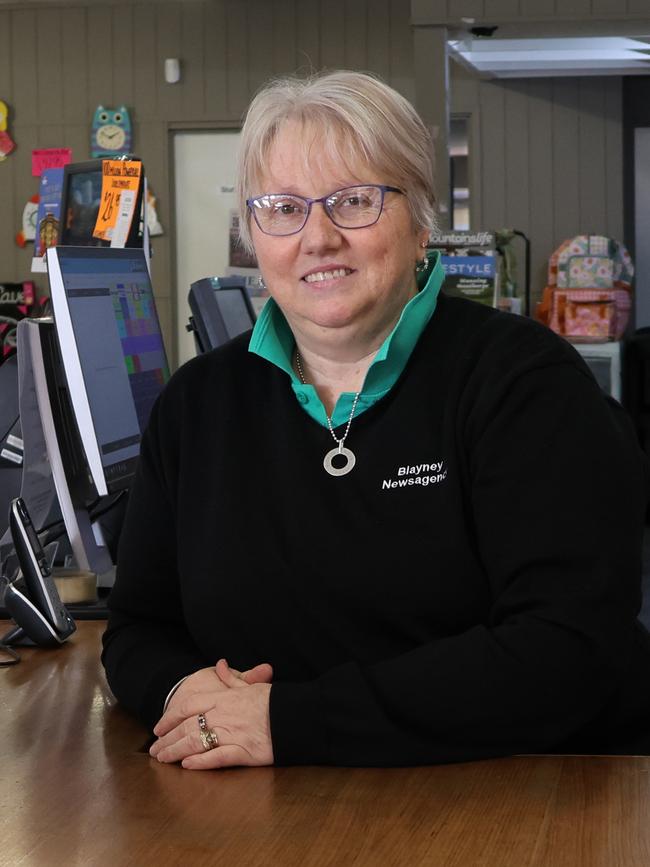
“We’ve tried to sort of maintain it because, although it’s not our assets, it’s sort of the mine’s asset and we try to do the right thing by them,” he said.
Ms Plibersek’s office indicated Mr Wills would be permitted to continue farming the land.
Butcher Tanya Cassel and her husband chose to set up shop in Blayney eight years ago, in the hopes the goldmine would boost their business once operational.
“We paid more than what we would have liked to, but we knew the mine was setting up soon, and thought lots of business would come along with that,” Ms Cassel said. “The mine was obviously going to be fundamental for town growth and employment.”
She said she feels “angry” with the government at “what it has done to our little town” by halting plans of the mine.
Sharon Kearney, who has helped run the local newsagent for 20 years, said “the town needs industry to keep us moving forward”. “As a small business we need to be able to survive and keep going – putting industry and infrastructure into the town is what is going to make it grow,” Ms Kearney said.




To join the conversation, please log in. Don't have an account? Register
Join the conversation, you are commenting as Logout